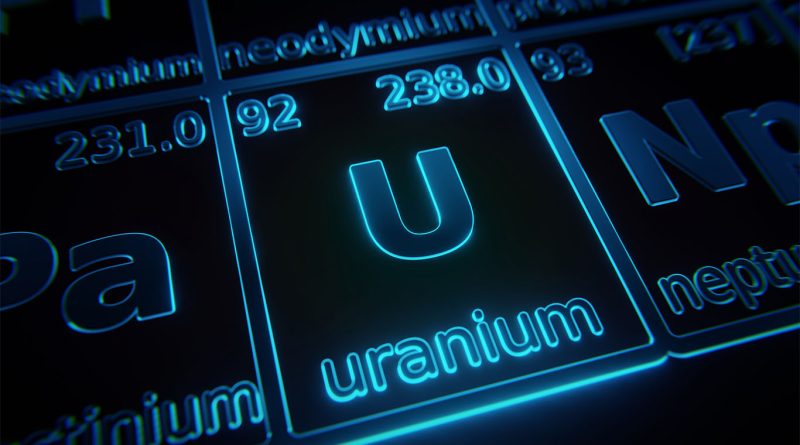US Strategies to Counter Russian Uranium Dominance
The global nuclear fuel market has long been influenced by geopolitical forces, with Russia playing a pivotal role. As a key supplier of enriched uranium, Russia’s dominance in this sector has significant implications for global energy security. The reliance on Russian uranium is particularly notable in the United States, which, despite being a nuclear powerhouse, finds its supply chain intertwined with Russian interests. This dependence has raised concerns, especially in the context of recent global events, which have underscored the need for a more diversified and secure nuclear fuel supply.
The Impact of the Ukraine Conflict on Nuclear Fuel Supplies
The conflict in Ukraine has been a wake-up call for the global nuclear industry, highlighting the vulnerabilities in the nuclear fuel supply chain. The U.S. and its European allies, while imposing sanctions on Russian energy exports, have been cautious about disrupting the flow of nuclear materials from Russia, given the significant reliance on these imports for powering nuclear reactors. The war has not only strained relations but also exposed the risks of over-dependence on a single supplier for critical energy resources.
In response, the U.S. has initiated a strategic shift to reduce its reliance on Russian nuclear fuel. This involves a multifaceted approach, including stockpiling nuclear fuel and investing in domestic capabilities for uranium processing and enrichment. Companies like Centrus Energy Corp are spearheading efforts to revive the U.S. nuclear fuel industry, which had suffered setbacks post the Fukushima disaster. However, challenges abound, including the time required to build up sufficient domestic capacity, with some estimates suggesting a horizon until 2028 for significant changes to materialize.
International Collaboration and Future of Nuclear Energy
The U.S. is not acting alone in its endeavor to reshape the nuclear fuel landscape. There is a concerted effort involving Canada, France, Japan, and the United Kingdom to establish alternative supply chains and reduce global reliance on Russian nuclear technologies. This collaboration aims to leverage the collective capabilities of these nations in uranium extraction, conversion, enrichment, and fabrication. Such international partnerships are crucial for ensuring a stable and diversified supply of nuclear fuel, which is vital for the future of nuclear energy, especially in the context of climate change and the increasing demand for clean energy sources.
The push to reduce dependence on Russian nuclear fuel is more than an economic initiative; it’s a strategic move with far-reaching implications for global energy security and the nuclear industry. By diversifying sources and developing internal capacities, countries are not only ensuring a more stable supply of nuclear fuel but also enhancing their energy independence. This shift, while challenging, is critical in the broader context of global politics and the evolving landscape of energy needs in the fight against climate change.
